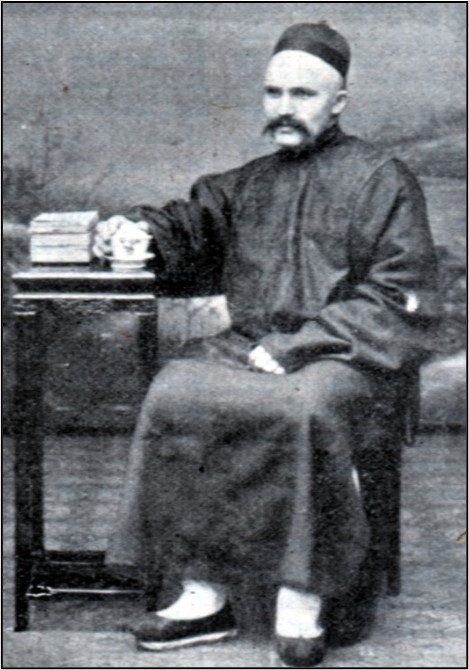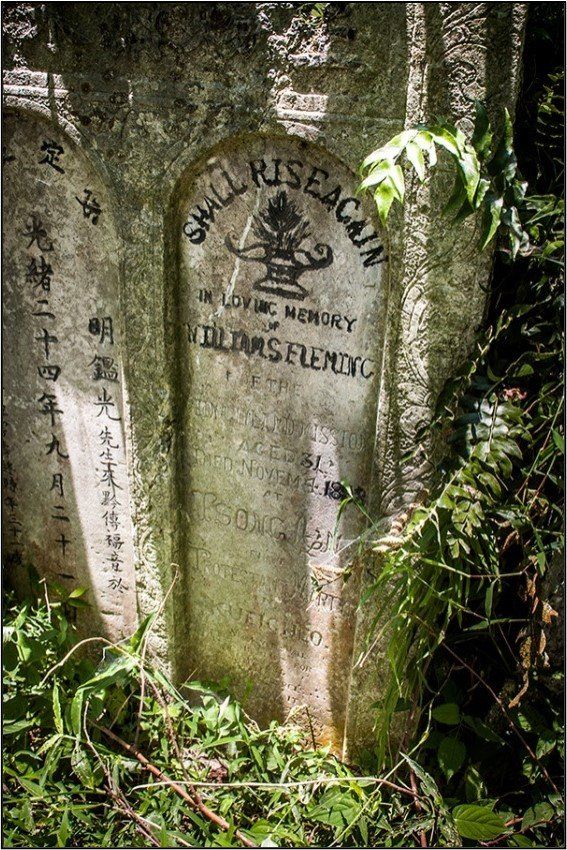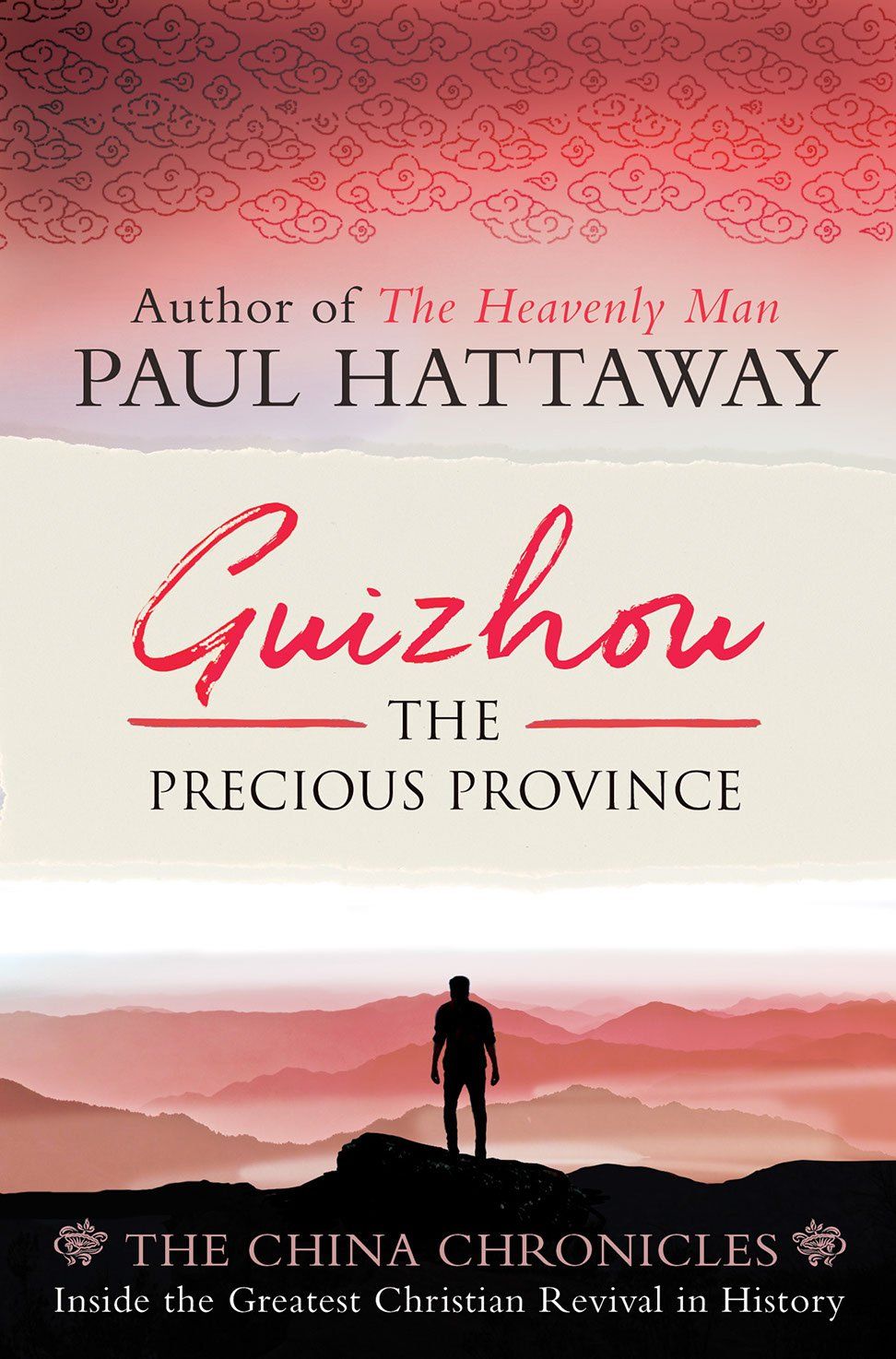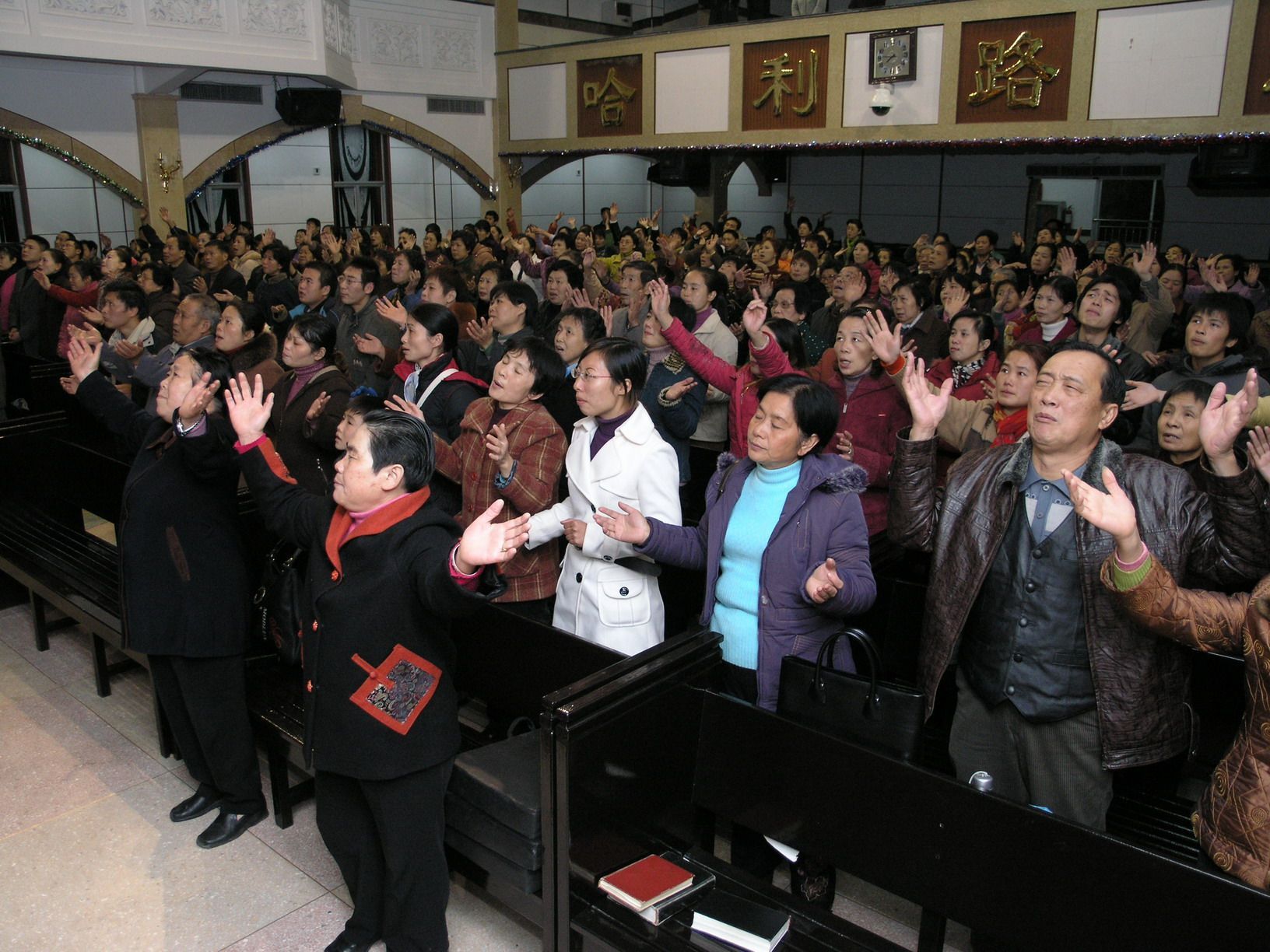Growth and Persecution
The seed of the gospel had been slow to find fertile soil since the first Evangelical missionaries reached Guizhou in 1877, and by the early 1890s only a few individuals had come to the faith, and churches were few and far between. By 1893, the China Mission Handbook reported just 70 Evangelical Christians in the entire province, and a total of only 14 foreign missionaries, all of whom were serving with the China Inland Mission.
Though small in number, most of the new believers encountered persecution from their families and communities, especially at their refusal to participate in ancestor worship rituals and their unwillingness to contribute money to the many idolatrous festivals held throughout the year.
As an example of the kind of persecution experienced by believers at the time, a man named Zhang was sharing the gospel with a group of youngsters as he walked home from a church service, when they turned on him and took his Bible and hymn book. Then suddenly, "They pulled him down into the mud, and after kicking him about the head, departed. Zhang rose up and told the people that bad men had also ill-treated the Lord Jesus when He was on the earth.... The next day he met two of the men on the street, and asked if they had taken his Bible, or had only borrowed it. The men beat him again, and went on their way."
Trouble at Panghai
In 1896 the CIM began to reach out to the many non-Chinese minority tribes in Guizhou. Fred and Ellen Webb were able to rent a house in the Hmu village of Panghai, near modern-day Kaili City. The Chinese were bemused as to why the foreigners would choose to live among the Hmu, as many Han at the time considered the tribesmen to be lower than dogs.
After gentle persuasion failed to make the missionaries leave the area, the leading Chinese official resorted to force, sending a mob of 150 men in an attempt to intimidate the Webbs. The experienced missionary Samuel Clarke was visiting Panghai at the time, and recalled the tense atmosphere:
"The Chinese headman of Panghai called upon us with the riff-raff of the village and the local robbers at their heels.... They explained very elaborately that they personally had no objection to us, but the people were opposed to our remaining.... Some of the rough fellows present, who had knives in their sleeves to emphasize what the headman had stated, said, 'If you don't go away, we are going to beat you, pull down the house, and carry off your things.'"
The missionaries refused to bow to the intimidation, and remained where they were. The threats seemed to subside for a while until October 1898, when William Fleming of Scotland arrived to oversee the work at Panghai while the resident missionaries enjoyed a period of rest and recovery on the coast.
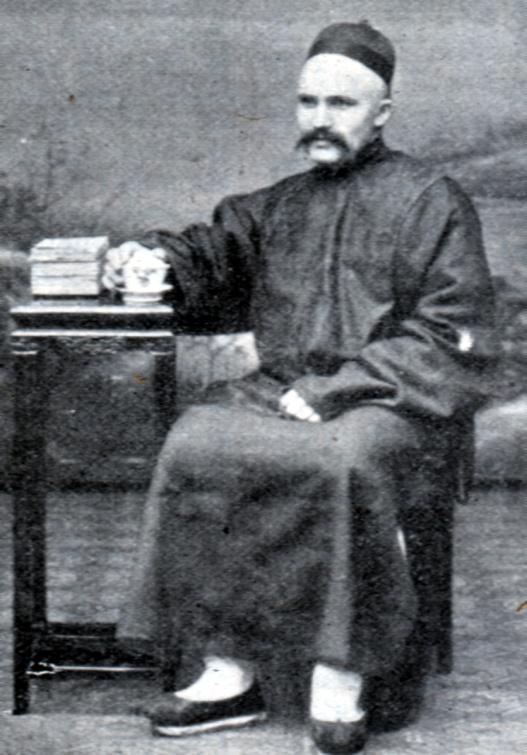
William Fleming in Chinese clothes.
With a local Christian named Pan Xiushan acting as his interpreter, Fleming travelled widely among the Hmu for three weeks, preaching the gospel. While they were away from Panghai, the Hmu burned down 300 houses in the Chinese part of the village, in a protest over which day of the week the market should be held. Fleming decided to make his way to Guiyang and wait for the trouble to blow over, but he never made it.
On November 4, 1898, Fleming left for Guiyang accompanied by Pan Xiushan, an evangelist, and a man hired to carry their luggage. After travelling about 15 miles (24 km), they crossed a river on a hand-pulled raft, accompanied by three men, one of whom brandished a long sword. As they stepped onto the bank on the other side of the river,
"The people of the town streamed out along a road to see the devoted foreigner done to death.... Just as they reached the bend where the road began to lead uphill, the man with the cavalry sword came behind the unsuspecting Pan Xiushan and struck him down, killing him almost instantly. He uttered a cry.... Fleming struggled for some time with his assailants, but was finally done to death with many wounds."
The murderers pursued the two other men before giving up the chase. Several days later the evangelist reached Guiyang and reported how Fleming and Pan had been murdered. Two missionaries, with an official escort, immediately left to recover the bodies of the slain Christians. They found them unburied on the side of the road.
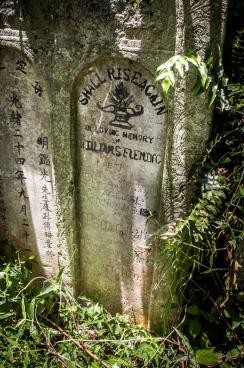
William Fleming's grave, behind the old mission house at Panghai, is now in a field overgrown with pumpkins and weeds. [Miao Messenger]
It was later revealed that the murders of Fleming and Pan occurred because of a false report that the missionaries had been importing weapons and ammunition to help the Hmu overthrow the Chinese, and the burning of homes by the Hmu in Panghai had strengthened the rumors. After the two innocent Christians were killed, the locals immediately attempted to find evidence to justify their claims, "but when they searched Fleming's luggage, and ransacked his house, they found no arms, nothing but good books. He was certainly a good man and it was a mistake to kill him."
William Fleming was the first ever martyr of the CIM. God had supernaturally protected their hundreds of workers during the 33 years since Hudson Taylor founded the mission.

© This article is an extract from Paul Hattaway's book 'Guizhou: The Precious Province'. You can order this or any of The China Chronicles books and e-books from our online bookstore.

